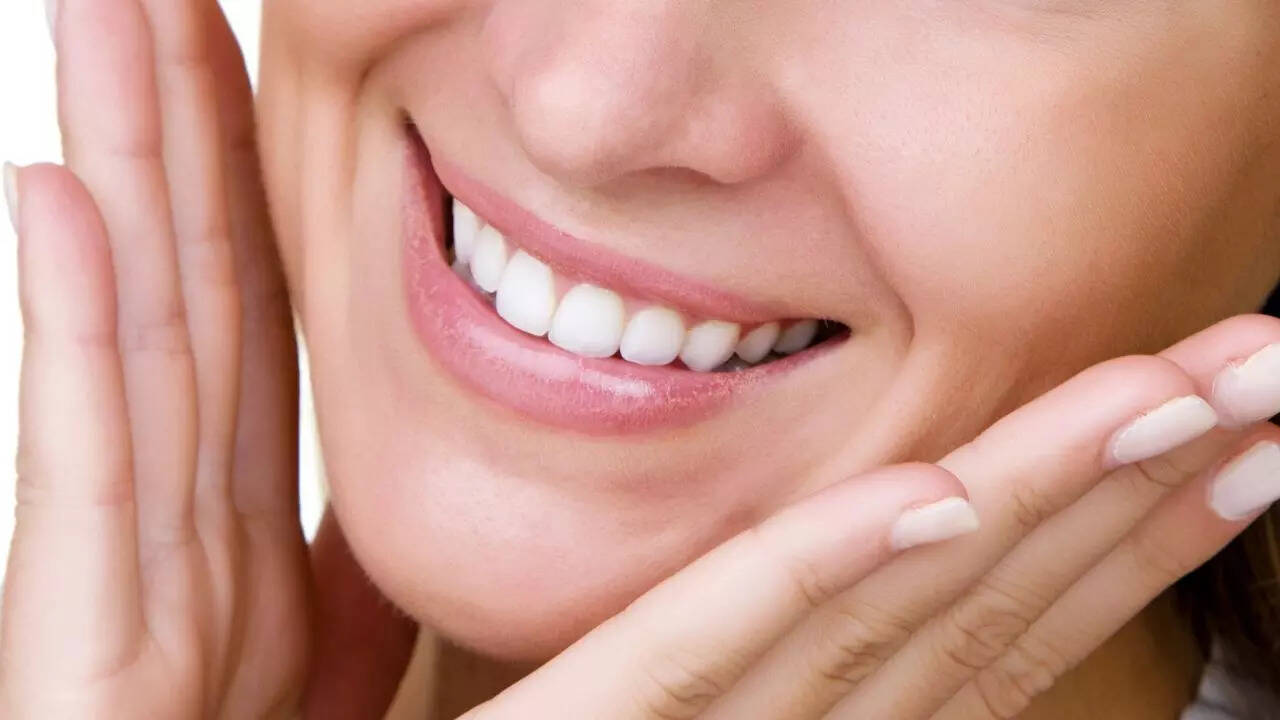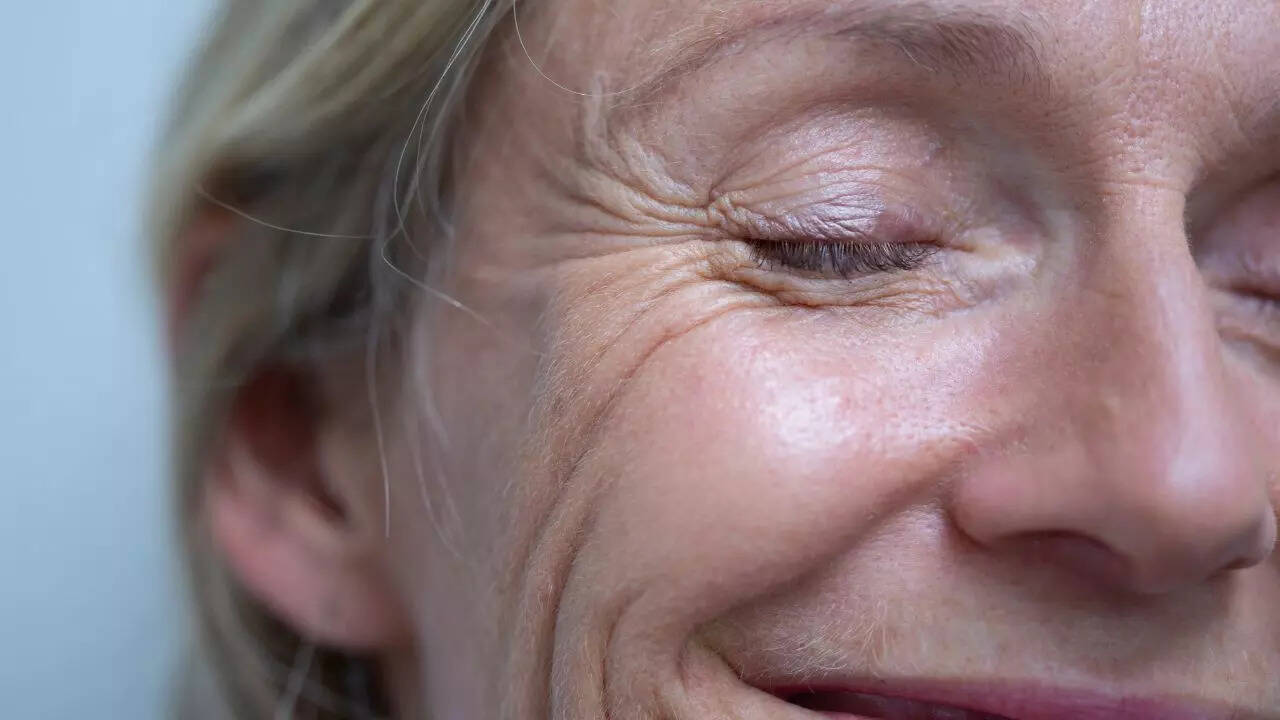ARTICLE AD BOX

Smile lines, also known as laugh lines or nasolabial folds, are natural facial features that deepen with age. While they are a sign of a life well-lived, many seek ways to reduce their appearance for cosmetic reasons.
Understanding the underlying causes and exploring effective treatments can help individuals make informed decisions.A peer-reviewed study published in The Journal of Cosmetic Dermatology examined the efficacy of various treatments for nasolabial folds. The study found that both non-invasive procedures and topical treatments can lead to significant improvements in the appearance of smile lines, highlighting the importance of evidence-based approaches in cosmetic dermatology.
How to reduce wrinkles on face: 7 tips to deal with skin ageing
What are smile lines and their causes
Smile lines are the creases that form around the sides of the mouth and sometimes extend towards the eyes. They become more prominent with age due to a combination of factors, including a decrease in skin elasticity and the natural movement of facial muscles.Several factors contribute to the development of smile lines:
- Loss of collagen and elastin: As we age, the production of these proteins decreases, leading to less firm and elastic skin.
- Dehydration: Dry skin is more prone to wrinkling and sagging.
- Genetics: Family history can influence the depth and prominence of smile lines.
- Sun damage: Prolonged exposure to UV rays accelerates skin ageing.
- Smoking: Tobacco use can impair blood flow to the skin, leading to premature ageing.
Treatment options for smile lines

Topical treatmentsTopical creams containing retinoids, peptides, and antioxidants can help stimulate collagen production and improve skin texture.
Regular application may lead to a reduction in the appearance of smile lines over time.Dermal fillersInjectable fillers, such as hyaluronic acid, can restore volume to the skin, smoothing out wrinkles and folds. Results are immediate but temporary, typically lasting several months.Botulinum toxin (Botox)Botox injections relax the muscles responsible for wrinkle formation, leading to a smoother appearance.
While primarily used for dynamic wrinkles, Botox can also complement other treatments for smile lines.Laser therapyLaser treatments can resurface the skin, promoting collagen production and improving skin tone and texture. This approach may require multiple sessions for optimal results.Preventing smile linesWhile it's not possible to prevent smile lines entirely, certain lifestyle choices can slow their development:
- Moisturise regularly: Keeping the skin hydrated helps maintain its elasticity.
- Use sunscreen: Protecting the skin from UV damage is crucial in preventing premature ageing.
- Avoid smoking: Refraining from tobacco use can improve skin health and appearance.
- Stay hydrated: Drinking plenty of water supports overall skin health.
- Maintain a healthy diet: Nutrient-rich foods can provide the necessary vitamins and minerals for skin repair and maintenance.
When to consult a dermatologist for smile lines

If smile lines become more pronounced or cause concern, it's advisable to consult a dermatologist.
They can assess your skin and recommend appropriate treatments tailored to your needs.Smile lines are a natural part of the aging process, reflecting a life filled with joy and laughter. While they cannot be eliminated, various treatments and preventive measures can help reduce their appearance, allowing individuals to maintain a youthful and vibrant complexion.Disclaimer: This article is for general informational purposes only and is not a substitute for professional medical advice, diagnosis, or treatment. Always seek the guidance of a qualified healthcare provider regarding any medical condition or lifestyle change.Also read| Can eggs remove dandruff naturally? The science behind egg masks for a flake-free scalp

 12 hours ago
4
12 hours ago
4









 English (US) ·
English (US) ·